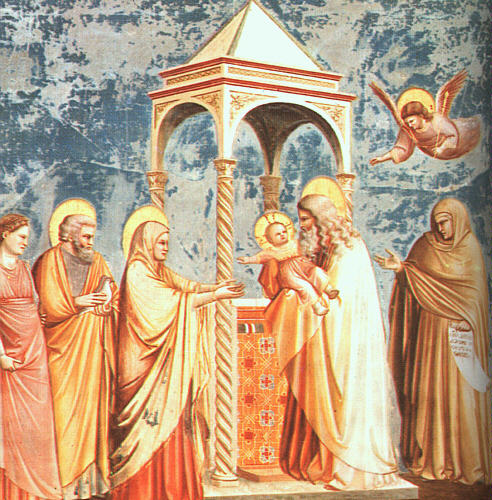This post is part of the General Conference Odyssey.

Mormons use the word “prophet” in several different ways. Here are a few of them:
- “The Prophet” might refer specifically to Joseph Smith
- “The Prophet” might refer more generally to whoever is currently the President of the Church of Jesus Christ of Latter-day Saints. It’s President Monson today. It was President Hinckley before that. It will be President Nelson (most likely) next.
- We sustain all members of the Quorum of the Twelve along with the First Presidency (total of 15 men) as “prophets, seers, and revelators.”
- Using the word in its broadest—and perhaps most original sense—a prophet is anyone who prophecies.
Notably, this last definition is totally independent of all questions of priesthood authority or institutional hierarchy. This is why people who lived totally outside the leadership hierarchy, like Anna the Prophetess[ref]described in Luke 2[/ref], can also be prophets.
I had all of these in mind as I was reading Elder LeGrand Richard’s talk, Prophets and Prophecy. Elder Richard’s mentions one of our favorite verses and teases out the implications this way:
The prophet Amos said, “Surely the Lord God will do nothing, but he revealeth his secret unto his servants the prophets.” (Amos 3:7.) Now if we understand that, no one can look for a work here upon this earth that isn’t headed by a prophet. The Lord has never done a work that he has recognized without a prophet at its head. Thank God for our prophets, from the days of the Prophet Joseph Smith down to our present prophet, President Spencer W. Kimball.
Now—from context—it seems most likely that Elder Richards is using the word in its second definition. However, I think it’s just as appropriate to read it with the fourth definition in mind, although that changes the meaning from something like, “if you want to find any work of God, start by finding a formally called Prophet” to something like “if you find any work of God on earth, then the person leading it is a prophet.”
I like this second reading more, because it emphasis the universalism of goodness. This variety of universalism is not fluffy-headed, non-judgmentalism, everyone-gets-a-trophy nonsense. Or, if it is those things, it is those things with scriptural heft behind it:
But behold, that which is of God inviteth and enticeth to do good continually; wherefore, every thing which inviteth and enticeth to do good, and to love God, and to serve him, is inspired of God.[ref]Moroni 7:13[/ref]
UPDATED 22-March-2017: I said President Packer was next in line, but he died in 2015. Next up is President Nelson. Eric (first comment) spotted the error.
—
Check out the other posts from the General Conference Odyssey this week and join our Facebook group to follow along!
- The Lord is God, and beside Him There is no Savior. by G
- Mothers: Don’t Let the World Speak for You by Jan Tolman
- We have only seen the beginning by Marilyn Nielson
President Packer died in 2015. President Nelson is next in seniority, then Elder Oaks.
Thanks, Eric. Fixed the post.
Another question up for debate is when is a “prophet” speaking as a “prophet”? In a general conference address?
I remember changes being made to Pres. Packers Oct 2010 talk when it went in to print from what was said at the pulpit.
This is much like the question, “what is doctrine?”